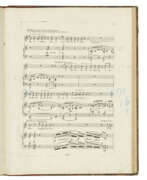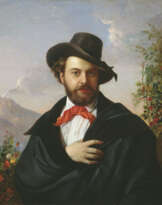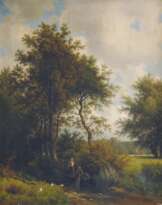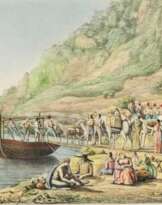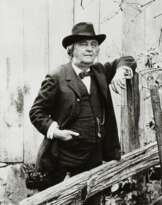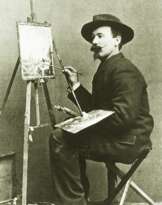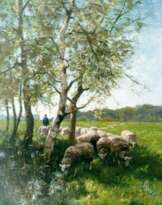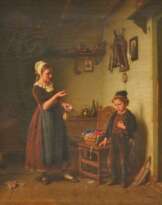Aleksandr Glazunov (1865 - 1936)
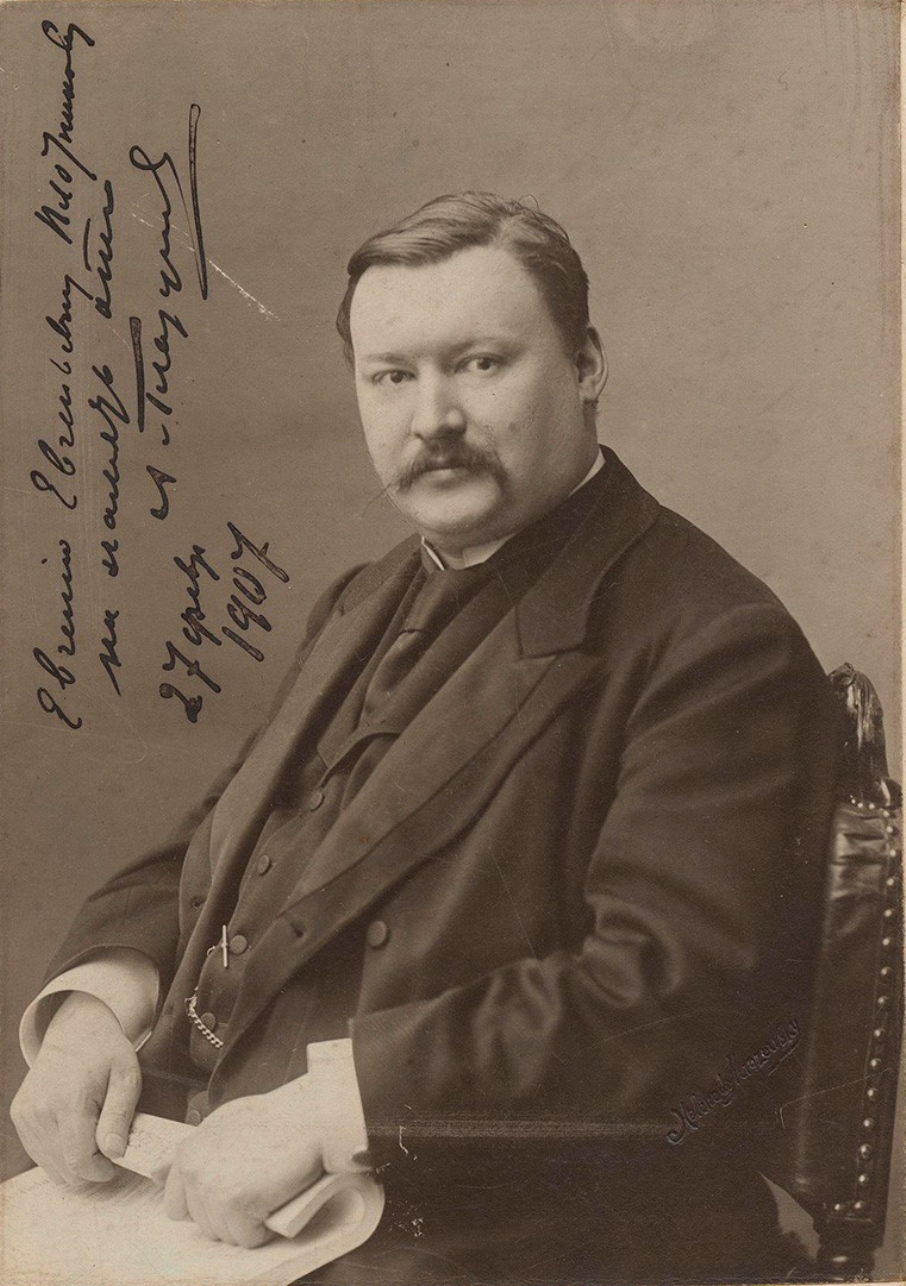
Aleksandr Glazunov
Aleksandr Konstantinovich Glazunov (russian: Александр Константинович Глазунов) was a Russian late Romantic composer, conductor and teacher.
Glazunov belonged to a well-known dynasty of book publishers in St. Petersburg and showed musical ability early on. He studied music with Balakirev and Rimsky-Korsakov, wrote his first symphony at the age of sixteen, and was noticed by the patron of the arts Mitrofan Belyaev, who became his admirer and benefactor. Thanks to him, the young Glazunov traveled all over Europe and was introduced in Weimar to Franz Liszt, who promoted the performance of his First Symphony at the congress of the General German Musical Union.
After the death of composer Borodin, Glazunov helped Rimsky-Korsakov finish his opera Prince Igor, and in the late 1890s he was already collaborating with the Imperial Theaters and writing three ballets. In 1899 Glazunov was appointed professor at the St. Petersburg Conservatory, and from the end of 1905 he became its director, retaining this post even after the October Revolution of 1917. Glazunov's personality is characterized by the fact that he spent his director's salary on helping poor students. And in general, during the hungry years of post-revolutionary devastation, he supported students, even if he did not share their musical beliefs - among them the greats Sergei Prokofiev and Dmitri Shostakovich.
In 1922, Aleksandr Glazunov was named People's Artist of the young Soviet republic. In 1928 he traveled to Vienna to take part in the jury of the Schubert Centenary Composition Competition and never returned to the USSR. However, even while living in Europe, he retained his Soviet citizenship. Officially, Glazunov's stay in Paris was explained by his serious state of health and the need for medical treatment. Already in 1972 Glazunov's ashes were transported to the USSR and reburied in the Alexander Nevsky Lavra.
In addition to ballets, Aleksandr Glazunov wrote eight symphonies (the ninth remained unfinished), seven string quartets and a great deal of orchestral music. He wrote mainly for piano and organ, and at the end of his life he composed works for saxophone - a solo concerto and a quartet for saxophones. Glazunov's most popular works today are his ballets The Seasons (1898) and Raymonda (1897), his Fourth, Fifth and Sixth Symphonies, the Polonaise from Les Sylphides, and his two concert waltzes.
| Date and place of birt: | 10 august 1865, St. Petersburg, Russian Empire |
|---|---|
| Date and place of death: | 21 march 1936, Neuilly-sur-Seine, France |
| Period of activity: | XIX, XX century |
| Specialization: | Composer, Educator |
| Art style: | Romanticism |

